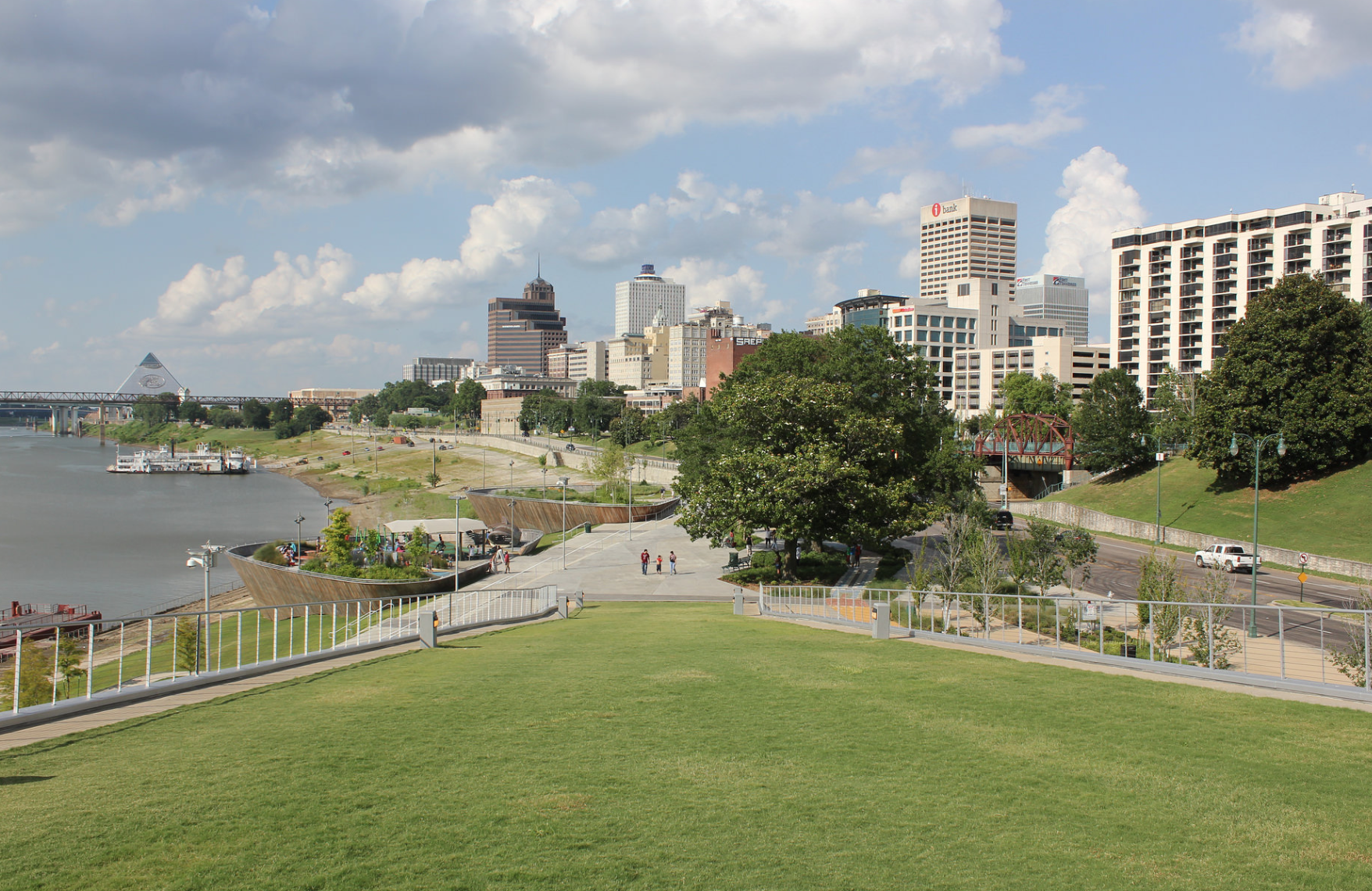Title Page
A Decade After Ike, Houston Still Hasn't Spent Tens of Millions It Got To Build Affordable Housing. Texas Tribune and Reveal.
Introduction
The Trend Toward Income Inequality Has Slowed, But So Has Income Growth. Brookings Institution.
The good news in the latest CBO report is that inequality has increased much more slowly since 2007 than it did in the previous 28 years. In fact, when inequality is measured using after-tax incomes, inclusive of government benefits, inequality actually fell slightly between 2007 and 2014. The recent stabilization of inequality, even at a high level, would be much better news if Americans’ real incomes were climbing robustly. Unhappily, CBO’s newest numbers suggest that income gains in the recovery through 2014 were anemic.
Executive Summary
Though the 2020 Census is still a couple years out, decisions about its final form are being made, including the controversial decision to include a question about citizenship. This has been in the works for a while and researchers, former Census Bureau directors and others had been sounding the alarm on what the inclusion of this question might mean.
Here's a snippet from an Urban Edge article published earlier this month:
In December, the Department of Justice said a count of citizens and non-citizens was essential for protecting voting rights, but others have criticized the request as politically-motivated and potentially disastrous for the response rate. Suspicion about the census among respondents is not new, according to former Census Bureau director and Rice University sociology professor Steve Murdock. But asking about citizenship would likely increase suspicion, and as a result, the response rate.
"I think the concerns are very valid," said Murdock. Organizing with other former directors to pen a letter in an upcoming issue of Science Magazine, Murdock said, "[W]e’re all worried it's going to cause [people] not to want to respond to the census. For a place like Texas and California this is really important because we’re talking about large numbers of people."
And because total population counts determine the distribution of seats in Congress as well as federal funds, undercounts could have far-reaching consequences.
"It'll hurt some cities like a Houston or a Dallas more than it does Topeka," said Murdock, "but it is an issue, in terms of the consequences for the count, that is fairly important for all areas."
And now that the federal government has moved forward on the question, the Associated Press ran some of the administration's claims about the need to include the question through the fact check machine.
A few key facts:
Has this question been included before? The most recent inclusion on the decennial census was back in 1950, pre Civil Rights era, as the AP points out, and inconsistently before that.
Has this question been "well-tested" when it comes to response rates? Not according to several former Census Bureau directors from both Republican and Democratic administrations who wrote back in January that the effects of including the question on a survey meant to capture total population were "completely unknown." According to CityLab, some "pretests" last year provided some troubling evidence about respondent reactions the question.
What next? Well, according to the AP:
At least 12 states are planning federal lawsuits to block Ross’ decision to add the citizenship question in 2020, saying it will lead to fewer people being counted. California has already filed its lawsuit.
As a practical matter, the court challenges could keep the issue in limbo long enough to make it impossible to include the citizenship question, given the extensive lead time required to print census forms and readjust software.
Conclusion
Urbanist Kristen Jeffers was in Memphis this week to deliver her talk titled, "Putting a Black, Urbanist, Southern Lens on a Practice of Planning and Development." She sat down with the local USA Today outlet and shared her insights, including reflections on what urbanism means in the South for cities like Memphis.
I think the key difference is that in some of these small cities we want to be New York or Chicago, and that’s in the white planning world that’s been imposed on all these different cities, instead of looking at what does village life, what does market life, what does communal life look like in other places? Does it have to be fast-paced to be a city? Or to have enough diversity and culture? Do we take into account weather differences? Do we take into account that some people want a little more space around their home, while some other people may want to live in a Downtown apartment and work Downtown and walk?
Read more here.
Endnotes
“Of all the sleight-of-hand maneuvers available to modern politicians, nothing requires so little effort, or offers so much in return, as the task force.” Truth, from @IngaSaffron. https://t.co/CBP7bxSr3m
— Helen Ubiñas (@NotesFromHeL) March 29, 2018

